Paying off your mortgage is a significant financial milestone that comes with a sense of pride and accomplishment. Once you’ve made your final mortgage payment, you can expect to receive important documents from your lender, including a deed of reconveyance. This document officially transfers the title of your property back to you, free and clear of any liens or claims from your mortgage lender.
Understanding the Deed of Reconveyance
What is a Deed of Reconveyance?
A deed of reconveyance is a legal document that transfers the title to your property from your mortgage lender back to you after you’ve fully repaid your mortgage loan. This document is typically prepared by the trustee, who is often the title company that handled the original closing of your mortgage.
The deed of reconveyance is recorded with the county recorder’s office, providing public notice that you now hold clear title to your property. This process can take several weeks to a couple of months, depending on your lender and the state where you live.
Deed of Reconveyance vs. Mortgage Satisfaction
In some states, a mortgage satisfaction document may be used instead of a deed of reconveyance. A mortgage satisfaction confirms that a borrower has fully repaid their mortgage and there is no longer a lien on the home. In California, for example, a deed of reconveyance is known as a “full reconveyance” form.
Regardless of the specific term used, both documents serve the same purpose: to provide proof that you have fulfilled your mortgage obligations and now own your home free and clear.
The Importance of Obtaining a Clear Title
Having a clear title is crucial, as it means your property is no longer encumbered by any outstanding mortgages, liens, or other claims. This is especially important if you plan to sell your home in the future, as a clear title is necessary to transfer ownership to the new buyer.
Even if you don’t intend to sell your home, it’s still essential to obtain and keep your deed of reconveyance as proof that you have fully paid off your mortgage and own your property outright. This document protects you from any potential claims from your previous lender.
The Mortgage Payoff Process
Requesting a Payoff Quote
As you approach the end of your mortgage term, contact your loan servicer to request a payoff quote. This quote will include the remaining principal balance, accrued interest, and any applicable fees required to fully satisfy your mortgage. Be sure to request this quote a few weeks before you plan to make your final payment to ensure accuracy.
| Payoff Quote Components | Description |
|---|---|
| Principal | The remaining balance of your original mortgage loan |
| Interest | Accrued interest on your principal balance up to your payoff date |
| Fees | Any applicable fees, such as reconveyance or recording fees |
Making the Final Mortgage Payment
Once you have your payoff quote, submit your final mortgage payment to your loan servicer. This payment should include the remaining principal balance, accrued interest, and any required fees as outlined in your payoff quote. Be sure to send your payment with sufficient time for processing to avoid any delays.
Documents to Expect from Your Loan Servicer
After your final mortgage payment has been processed, your loan servicer will send you several important documents:
- Deed of Reconveyance or Mortgage Satisfaction: This document proves that your mortgage has been fully paid off and the lien has been removed from your property.
- Promissory Note: Your original promissory note should be returned to you, often with a “paid in full” stamp or notation.
- Other Mortgage Documents: Depending on your state and lender, you may also receive your original deed of trust, mortgage deed, or a certificate of satisfaction.
Post-Mortgage Responsibilities
Updating Property Tax and Insurance Information
After paying off your mortgage, it’s important to notify your local tax collector and insurance company of your loan satisfaction. This ensures that future property tax statements and homeowners insurance bills are sent directly to you rather than your former loan servicer.
You may also consider updating your title insurance policy to reflect your sole ownership of the property. Contact your title insurance company for guidance on this process.
Closing Your Escrow Account
If your mortgage included an escrow account for property taxes and insurance payments, your loan servicer will close this account after your final mortgage payment. Any remaining funds in the escrow account will be refunded to you, typically within 30 days of your loan payoff.
Moving forward, you’ll be responsible for making property tax and homeowners insurance payments directly to the appropriate entities.
Keeping Important Mortgage Documents
Even though your mortgage is paid off, it’s crucial to keep your important mortgage documents, including your deed of reconveyance, mortgage satisfaction, and loan payoff letter, in a safe place. These documents serve as proof that you have fully satisfied your mortgage and own your home outright.
Consider storing these documents in a fireproof safe or safety deposit box, along with other important financial and legal papers. Having these documents readily available can help you quickly resolve any potential issues or questions that may arise in the future.
See also:
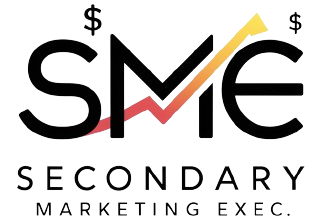



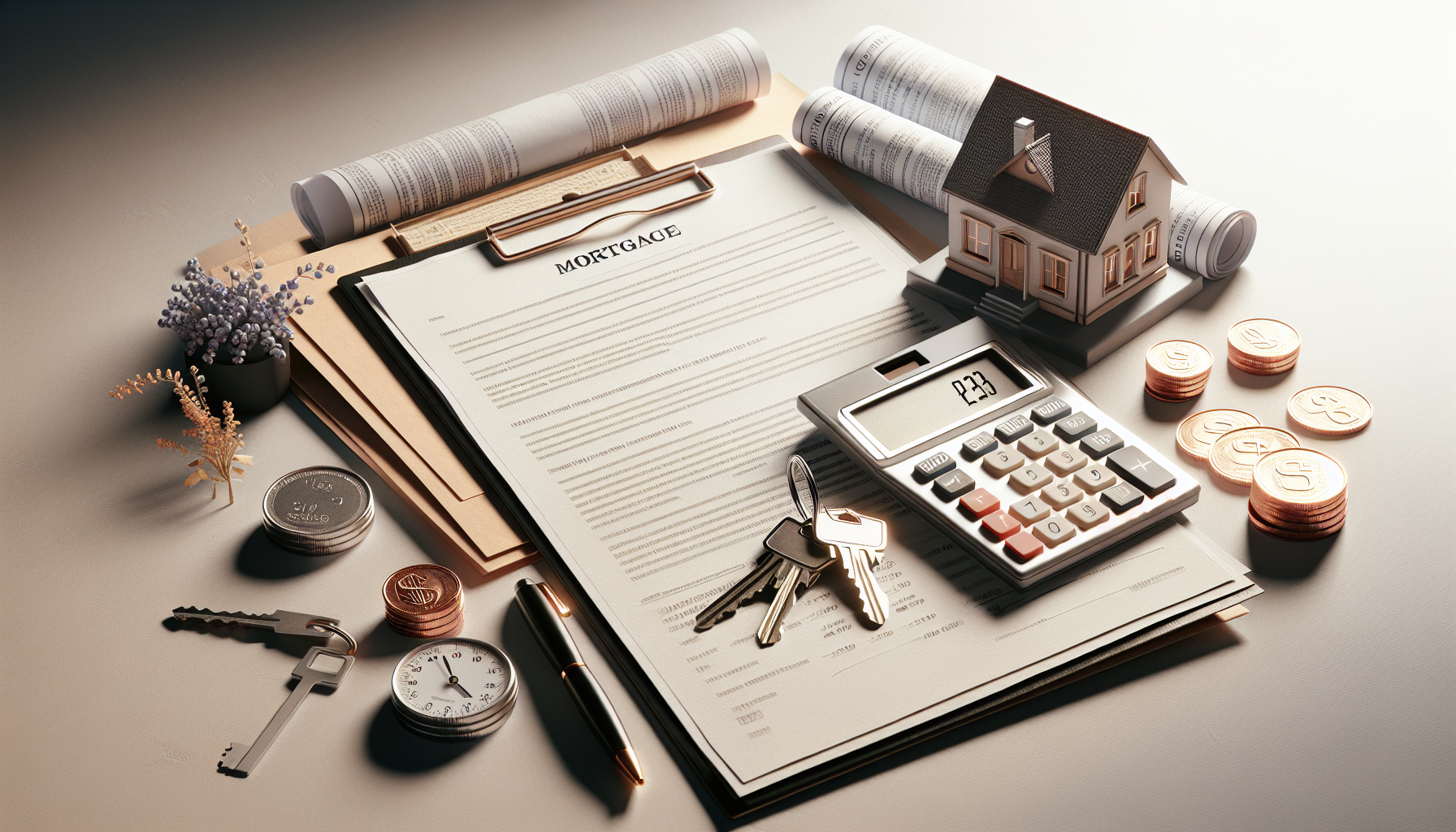
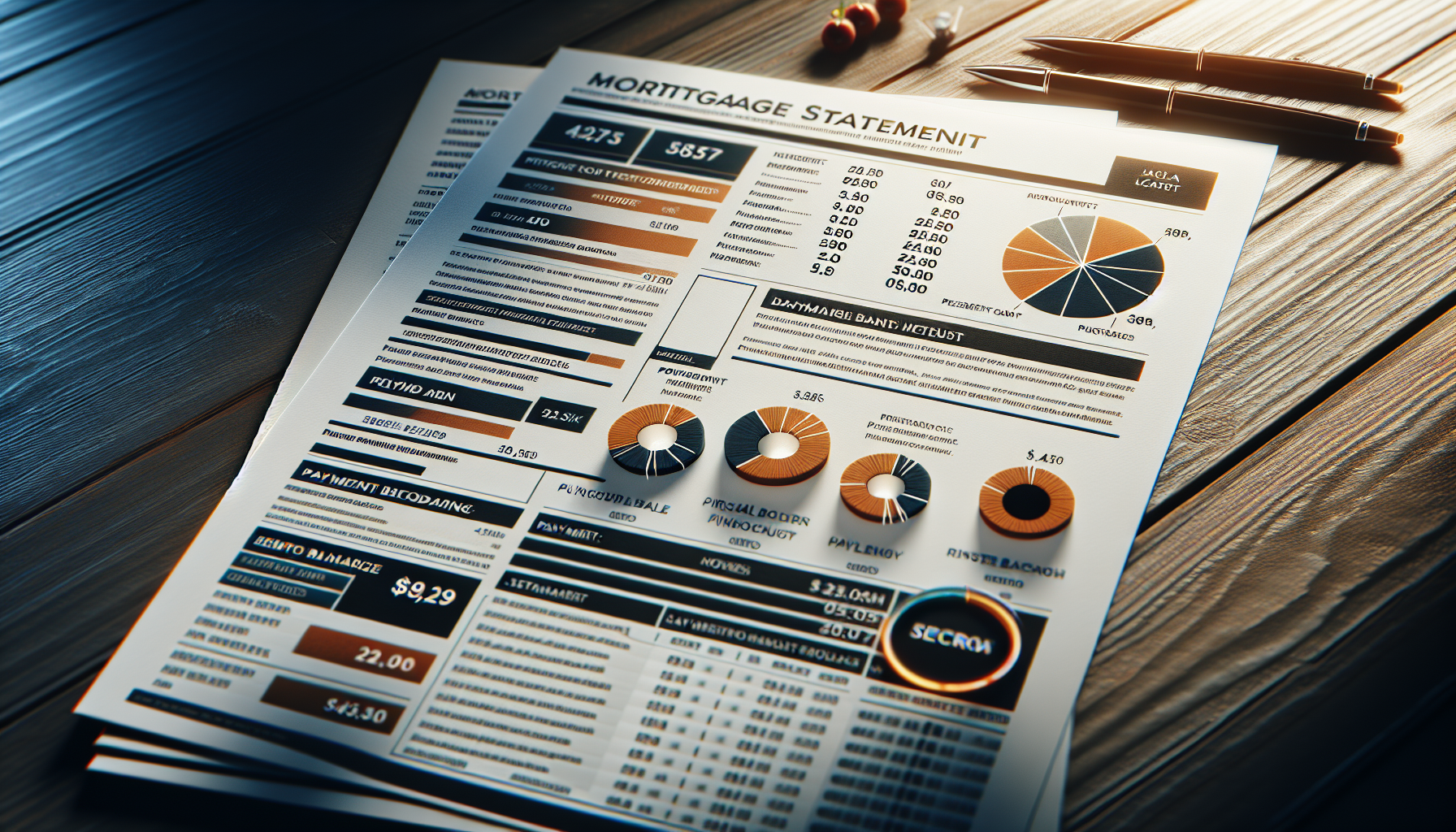
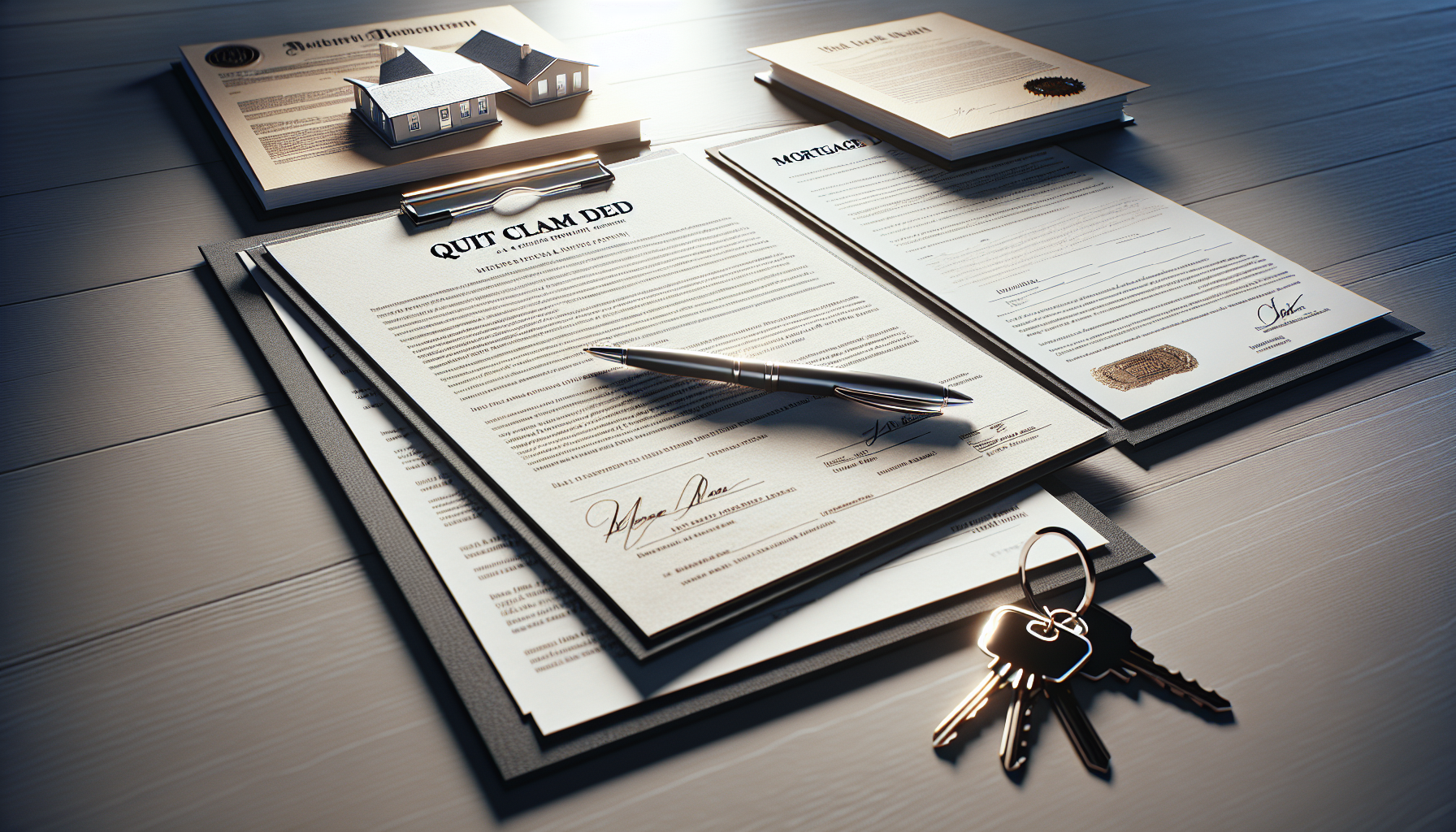
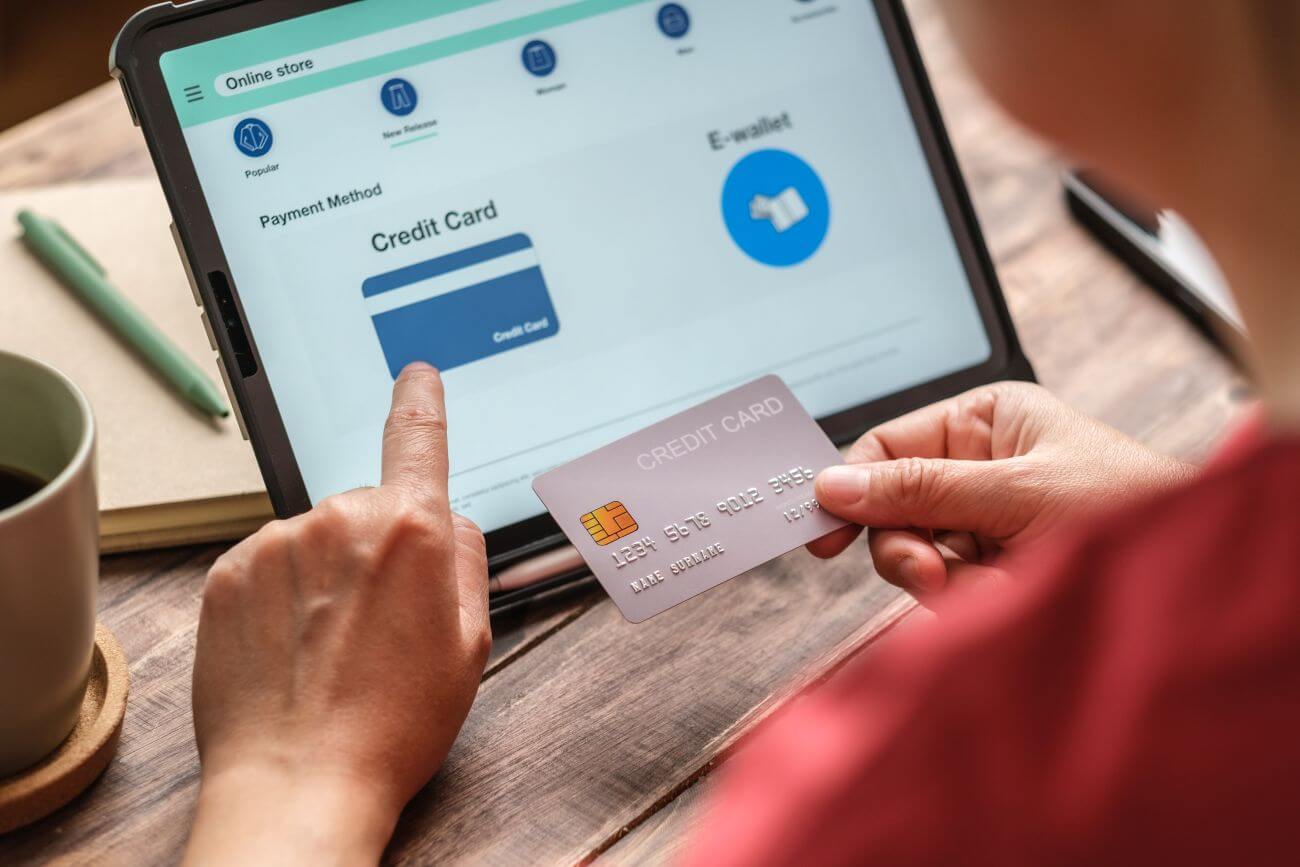
Leave a Reply